Latest news

Prof Colin Smith and Prof Seth Grant (both Centre for Clinical Brain Sciences) are part of a new UK Dementia Research Institute £2 million initiative to create an ‘atlas’ of the brain at different stages of Alzheimer’s disease, which is set to rapidly improve our understanding of the processes that lead to people developing the illness. This will be the first time that UK brain tissue resources have been coordinated on such a scale to study Alzheimer’s disease pathology at every stage of the illness.
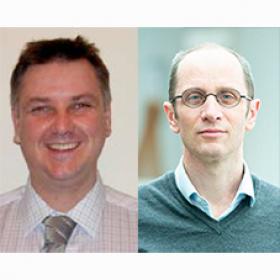
An international consorium, led by Prof Yanick Crow, Prof Colin Smith, Dr Jack Barrington and Dr Barry McColl (all University of Edinburgh) have identified a novel microgliopathy in very young children that that arises from mutations in the microglial-associated protein NRROSS (Negative Regulator of Reactive Oxygen Species).
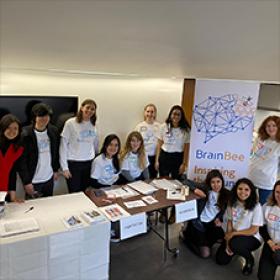
A group of University of Edinburgh students and neuroscientists, including our own Dr Dorothy Tse (Centre for Discovery Brain Sciences), organised the annual Edinburgh Brain Bee competition, which was held at the University of Edinburgh on 22 February 2020.

Older people pick up new skills better when they believe they are learning from another person, rather than from a computer, a study suggests. People were slower and less accurate in a task when they thought they were interacting with a machine and not a human, the research from the Centre for Clinical Brain Sciences found.
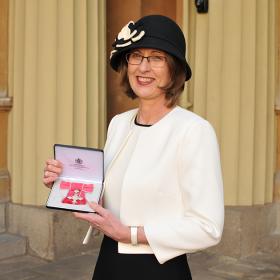
Congratulations to Dr Jane Haley (Edinburgh Neuroscience Scientific Coordinator) who was presented with her Member of the Order of the British Empire at an Investiture last Wednesday by Her Royal Highness Princess Anne, at Buckingham Palace!

Researchers in the Euan MacDonald Centre for MND Research (including Dr Suvankar Pal and Prof Siddharthan Chandran), working with colleagues at University College London and the University of Warwick, are inviting hundreds of people living with motor neuron disease to take part in one of the UK’s most comprehensive clinical trials in a generation. The UK-wide trial – called MND-SMART – aims to find treatments that can slow, stop or reverse disease progression.
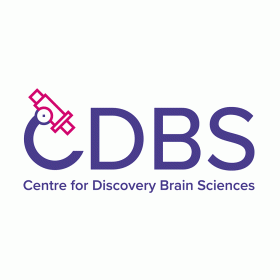
A team of researchers from Centre of Discovery Brain Sciences at the University of Edinburgh led by Matthew Nolan, in collaboration with James Ainge at the University of St Andrews, have published new research on the memory functions of lateral entorhinal cortex (LEC).
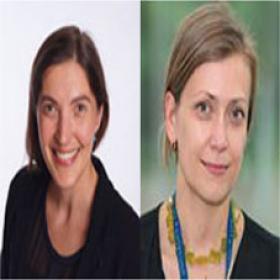
The ERC Consolidator Grants are awarded to outstanding researchers of any nationality and age, with at least seven and up to twelve years of experience after PhD, and a scientific track record showing great promise. Research must be conducted in a public or private research organisation located in one of the EU Member States or Associated Countries. The funding (average of €2 million per grant), is provided for up to five years and mostly covers the employment of researchers and other staff to consolidate the grantees' teams.

Fresh insights into damaging proteins that build up in the brains of people with Alzheimer's disease could aid the quest for treatments.


